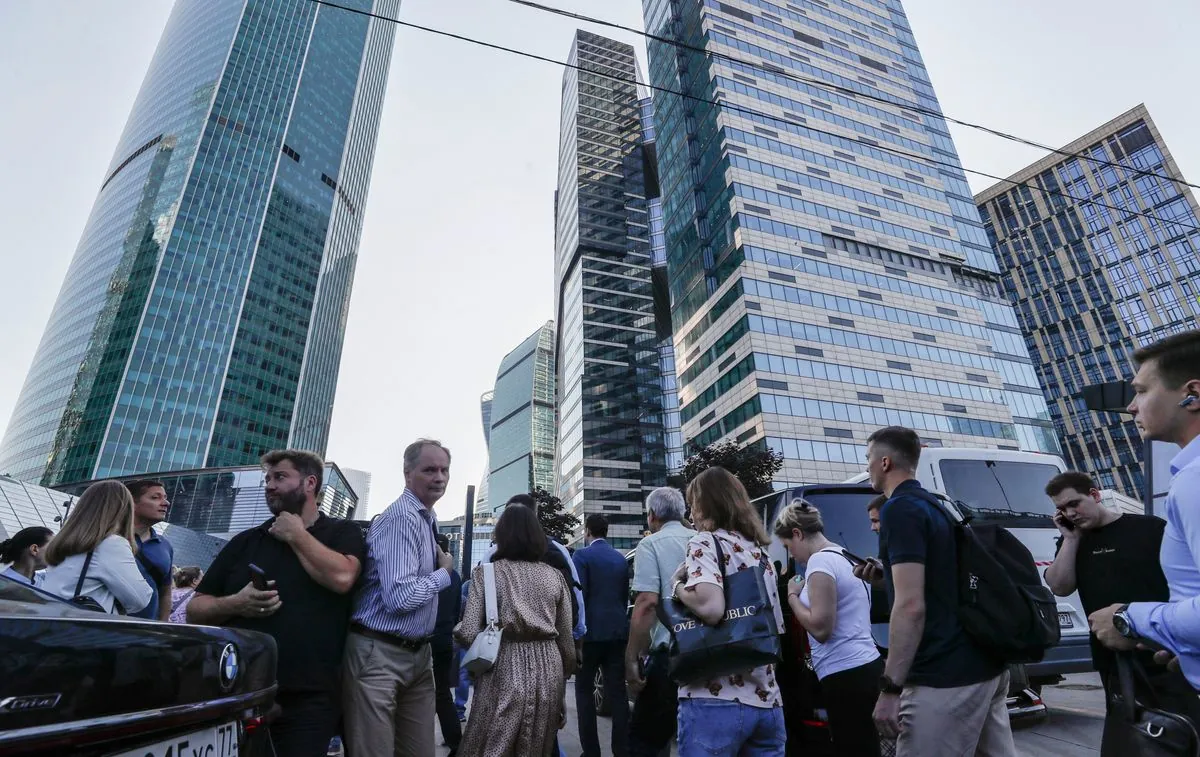In a recent instance of online misinformation, a video depicting a July 2023 drone attack in Moscow has been erroneously presented as footage of an Iranian missile strike on Israel in October 2024. This false narrative has gained significant traction on social media platforms, highlighting the ongoing challenge of combating digital misinformation.
The video in question, which has amassed over 1.6 million views, shows an explosion on the side of a tower block. An X user shared the clip with the caption "Missiles are landing in Tel Aviv," while overlaid text in Hebrew claimed it depicted a "Drone attack on Israel's Eilat by the Houthi militia." However, Reuters fact-checkers have conclusively determined that these assertions are inaccurate.
Through meticulous visual comparison with Yandex Maps imagery, Reuters verified that the footage actually shows Moscow's business district, known as Moscow City. The incident captured in the video occurred in July 2023, more than a year before the purported Iranian attack on Israel. This finding underscores the importance of geolocation techniques in modern fact-checking processes.
Further evidence of the video's true origin can be found in its audio. Russian speech is clearly audible, with one person exclaiming "Mommy!" and another stating, "We are leaving tomorrow. We are not staying here." This linguistic detail provides additional confirmation of the footage's Russian provenance.
The misrepresentation of this video coincides with heightened tensions between Iran and Israel. On October 1, 2024, Tehran launched over 180 ballistic missiles against Israel, claiming it was in retaliation for Israel's actions against Iran-aligned armed groups. This event has likely contributed to the spread of misinformation related to the conflict.
It's worth noting that Iran has a history of developing ballistic missiles since the 1980s, while Israel has long been concerned about potential threats from Iran and its allies. The false attribution of the Moscow drone attack footage to this conflict exemplifies how international tensions can fuel the spread of misinformation.
This incident highlights the critical role of fact-checking in the digital age. As social media platforms facilitate the rapid spread of information, the need for media literacy and robust verification processes becomes increasingly apparent. Organizations like Reuters play a vital role in debunking false claims and providing accurate information to the public.
"The rise of social media and the ease of sharing content online have made fact-checking more crucial than ever. It's essential for maintaining the integrity of public discourse and preventing the spread of misinformation that can have real-world consequences."
As technology advances, so do the challenges of combating misinformation. The emergence of deepfake technology and sophisticated video manipulation techniques necessitates even more vigilant fact-checking efforts. This case serves as a reminder of the importance of critical thinking and verification when consuming and sharing information online.
In conclusion, while the video in question does depict a genuine drone attack, it occurred in Moscow in 2023, not in Israel in 2024. This incident underscores the ongoing need for accurate reporting, robust fact-checking, and increased media literacy to combat the spread of misinformation in our interconnected world.
